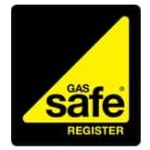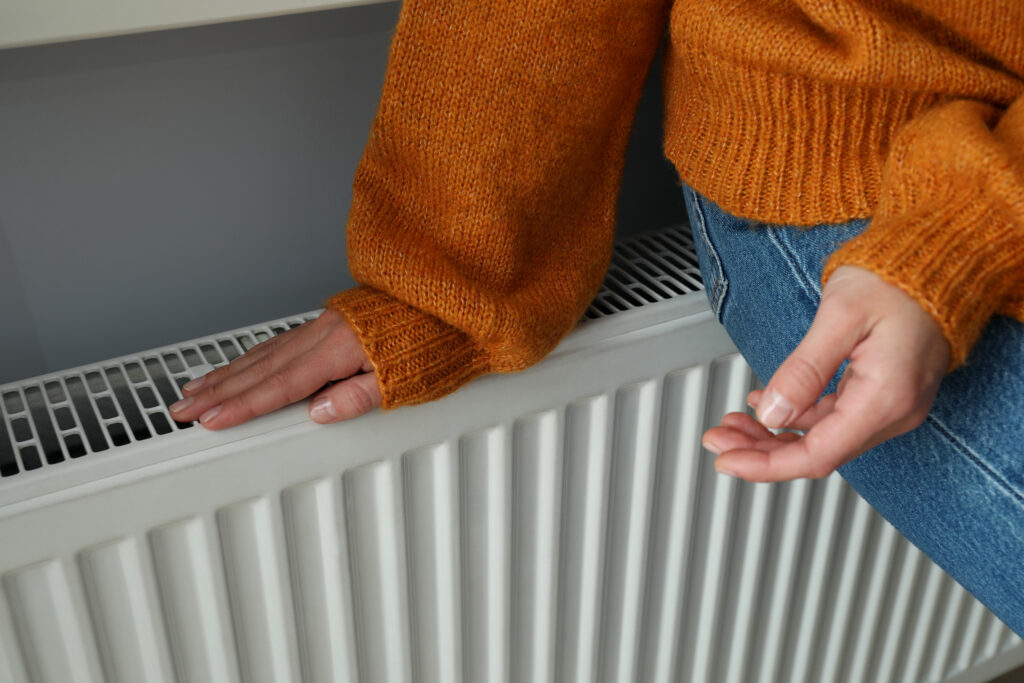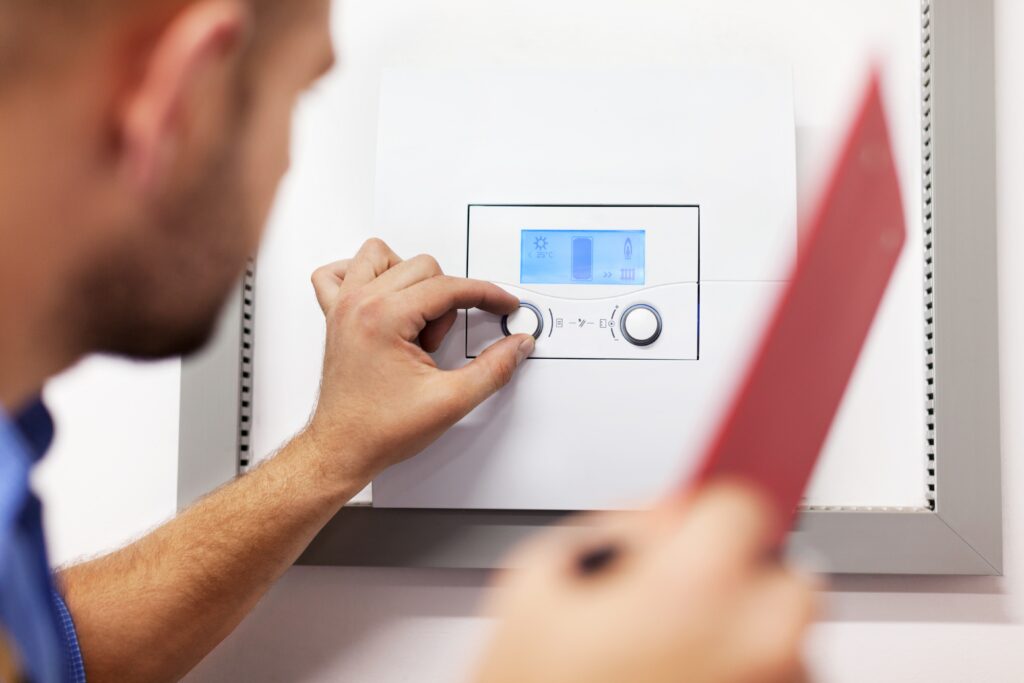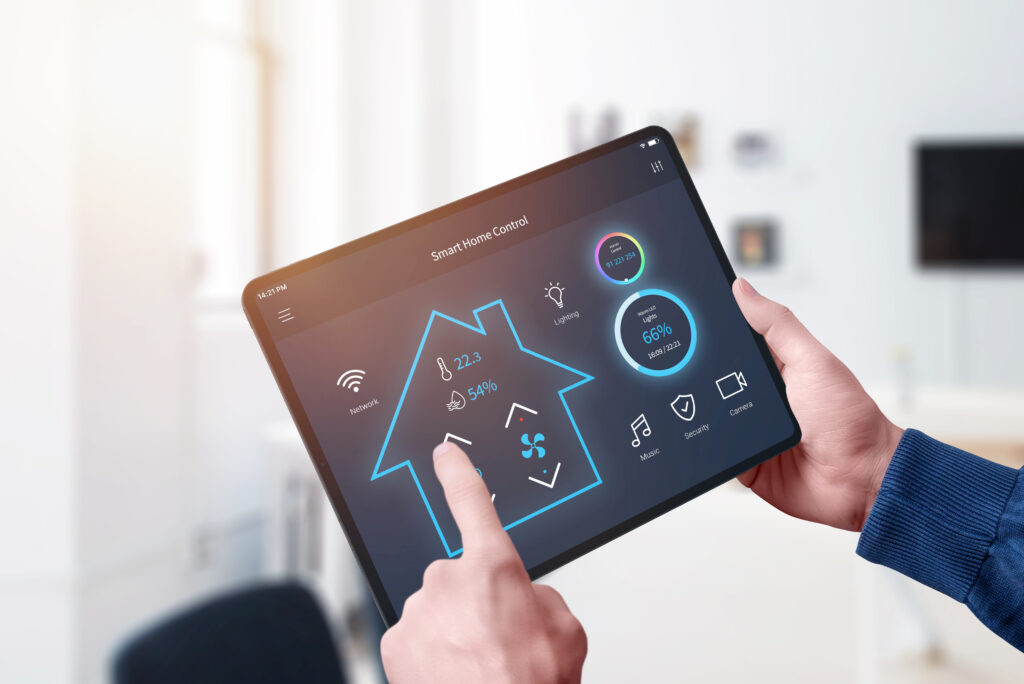How Long Does It Really Take to Become a Qualified Plumber in the UK?
Becoming a professional plumber is a rewarding career choice that offers job stability, a steady income, and a wide range of opportunities for specialisation. However, one of the most common questions people have when considering this trade is: how long does it take to train to be a plumber?
The answer depends on several factors, including the type of plumbing you want to specialise in, the qualifications you aim to achieve, and the training route you choose. Whether you’re aiming to work on residential plumbing systems or specialise in areas like commercial boiler installation, underfloor heating or becoming Gas Safe registered, this guide will help you understand the training timeline and what you need to do to become a fully qualified plumber.
Understanding the Basics of Plumbing Training
Plumbing is a highly skilled trade that requires a deep understanding of various systems, tools, and safety regulations. It’s more than just fixing leaks and installing taps; plumbers work with gas lines, water systems, drainage systems, and sometimes even engage in complex tasks like commercial boiler installation.
1. The Path to Becoming a Plumber
There are generally two main pathways to becoming a plumber in the UK: through an apprenticeship or through college-based training. Both routes have their advantages and can lead to a fulfilling career, but they do have different timelines and commitments.
Apprenticeship Route
An apprenticeship is one of the most popular ways to become a plumber. It combines on-the-job training with classroom learning, allowing you to earn while you learn. Typically, a plumbing apprenticeship in the UK takes about 2 to 4 years to complete.
-
Year 1: The first year is usually focused on basic skills, such as learning about different types of pipes, fittings, and how to use essential tools like the plumber crimping tool. You’ll also start to understand the basics of water systems and gas safety.
-
Year 2: In the second year, you’ll start working on more complex tasks under the supervision of a qualified plumber. This includes installing plumbing systems, repairing boilers, and gaining an understanding of commercial plumbing systems.
-
Years 3 and 4: The final years of the apprenticeship focus on honing your skills and gaining more independence in your work. By the end of the apprenticeship, you should be competent in various plumbing tasks, including commercial boiler installation, and ready to work as a qualified plumber.
College-Based Training
Another route is through a college course, such as a Level 2 or 3 Diploma in Plumbing and Heating. This route is often chosen by those who prefer a more classroom-based learning experience. The duration of these courses is usually around 2 to 3 years.
-
Level 2 Diploma: This typically takes one year to complete and covers basic plumbing skills, safety regulations, and the use of tools like the plumber crimping tool.
-
Level 3 Diploma: Following the Level 2, this course takes another year or two and goes deeper into advanced plumbing techniques, gas safety, and even some aspects of commercial plumbing.
College-based training can be a faster way to get into the industry, but it may require you to gain work experience separately to become fully qualified.
Specialisations in Plumbing
Once you’ve completed your initial training, you can choose to specialise in various areas of plumbing. Specialising can lead to more job opportunities and higher pay. Here are some common specialisations:
Gas Safe Registered Engineer Training
To work legally on gas appliances in the UK, such as boilers and cookers, you must be on the Gas Safe Register. The Gas Safe registration is a legal requirement and involves additional training and assessment.
- Training Duration: This can add an additional 6 to 12 months to your training, depending on whether you’re already a qualified plumber or starting from scratch.
Commercial Boiler Installation Training
Specialising in commercial boiler installation can be lucrative as it involves working on larger, more complex systems found in business premises and industrial settings.
- Training Duration: Gaining expertise in this area might take an additional year of training, often alongside gaining experience on the job. This might also include learning about specific tools and techniques, such as using a plumber crimping tool for larger pipes.
Advanced Plumbing Courses
After gaining your initial qualifications, there are also advanced courses available that can further your career. These might include courses in renewable energy systems, advanced heating systems, and even project management for plumbing projects.
- Training Duration: Advanced courses typically last 6 months to a year, depending on the level of expertise and specialisation.
Tools of the Trade
As you train to become a plumber, you’ll become familiar with a wide range of tools. Mastery of these tools is crucial to your success in the field. Here are a few key tools every plumber should know:
-
Plumber Crimping Tool: This tool is essential for creating secure, leak-proof connections in pipes. It’s commonly used in both residential and commercial plumbing settings and is vital for anyone specialising in commercial boiler installation.
-
Pipe Wrench: A pipe wrench is a staple in any plumber’s toolkit. It’s used to grip and turn pipes, making it invaluable for tasks ranging from simple pipe fitting to more complex installations.
-
Plumber’s Torch: This tool is used for soldering pipes together, which is a common task in both residential and commercial plumbing. It requires skill and precision to use effectively.
Continuous Learning and Development
Even after you’ve completed your initial training, the journey of a plumber doesn’t end. The plumbing industry is constantly evolving with new technologies, regulations, and best practices. Therefore, continuous professional development (CPD) is essential to keep your skills up to date.
CPD Opportunities
-
Gas Safe Renewals: Gas Safe registration needs to be renewed annually, and it often involves refreshing your knowledge and skills.
-
Advanced Certifications: As you gain experience, you might want to pursue additional certifications in areas like commercial boiler installation, renewable energy systems, or advanced water systems.
-
Industry Seminars and Workshops: Attending industry events can help you stay ahead of the curve when it comes to new technologies and techniques in plumbing.
How Long To Train To Be A Plumber?
The time it takes to become a plumber can vary, but typically, you can expect to spend between 2 to 4 years training through an apprenticeship or college course. Specialising in areas such as becoming a Gas Safe registered engineer or focusing on commercial boiler installation can extend this timeline slightly but opens up more career opportunities and potential earnings.
Becoming a plumber requires dedication, hard work, and a commitment to learning. But with the right training and mindset, you can enter a rewarding career that offers job security and numerous opportunities for advancement. Whether you choose to start with residential plumbing or aim to specialise in commercial systems, the skills you gain as a plumber will serve you well throughout your career.
For those considering this path, remember that the tools you master, such as the plumber crimping tool, are just as important as the knowledge you acquire. With time, patience, and the right training, you can become a skilled and successful plumber, ready to tackle any challenge the industry throws your way.






